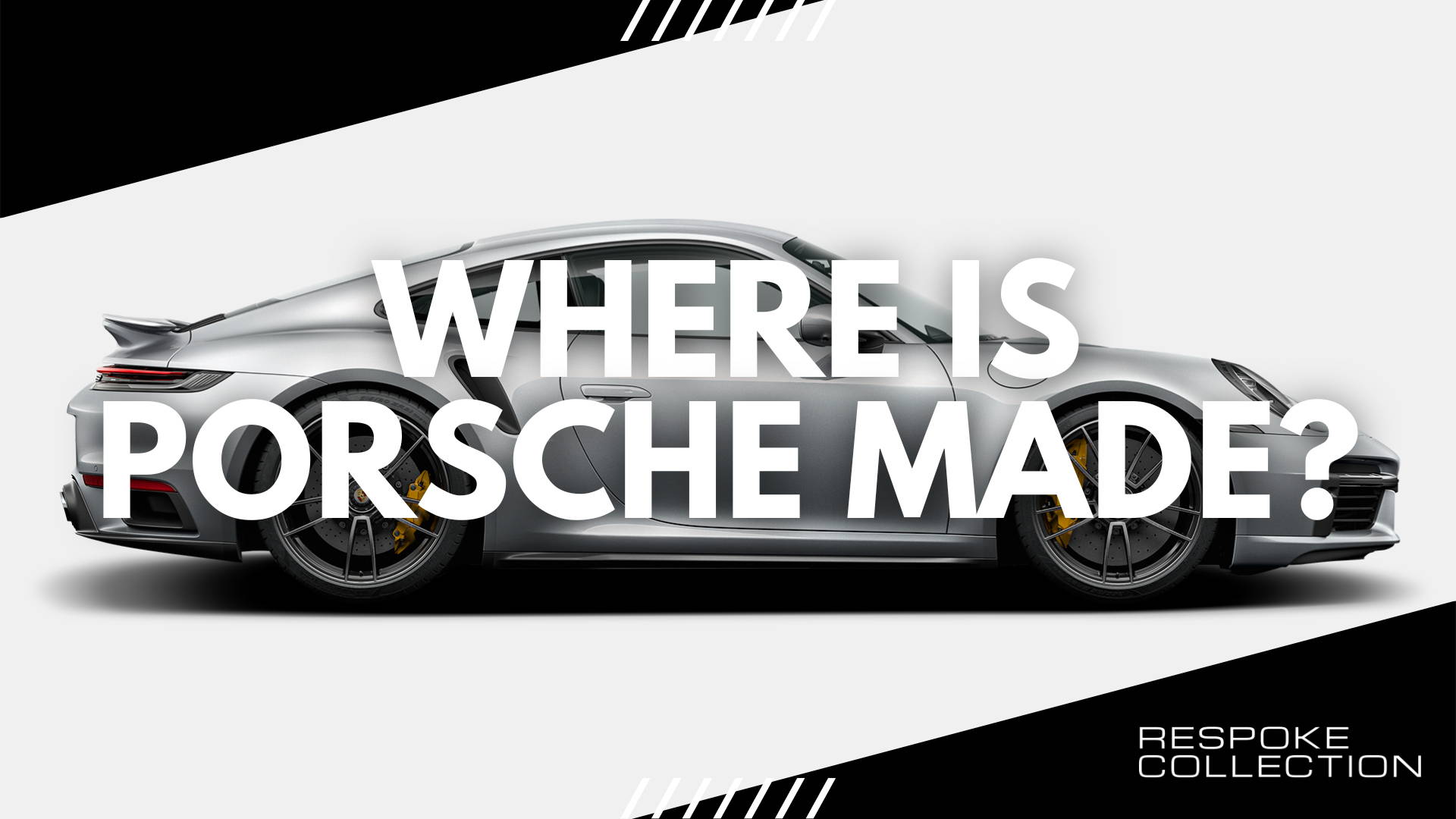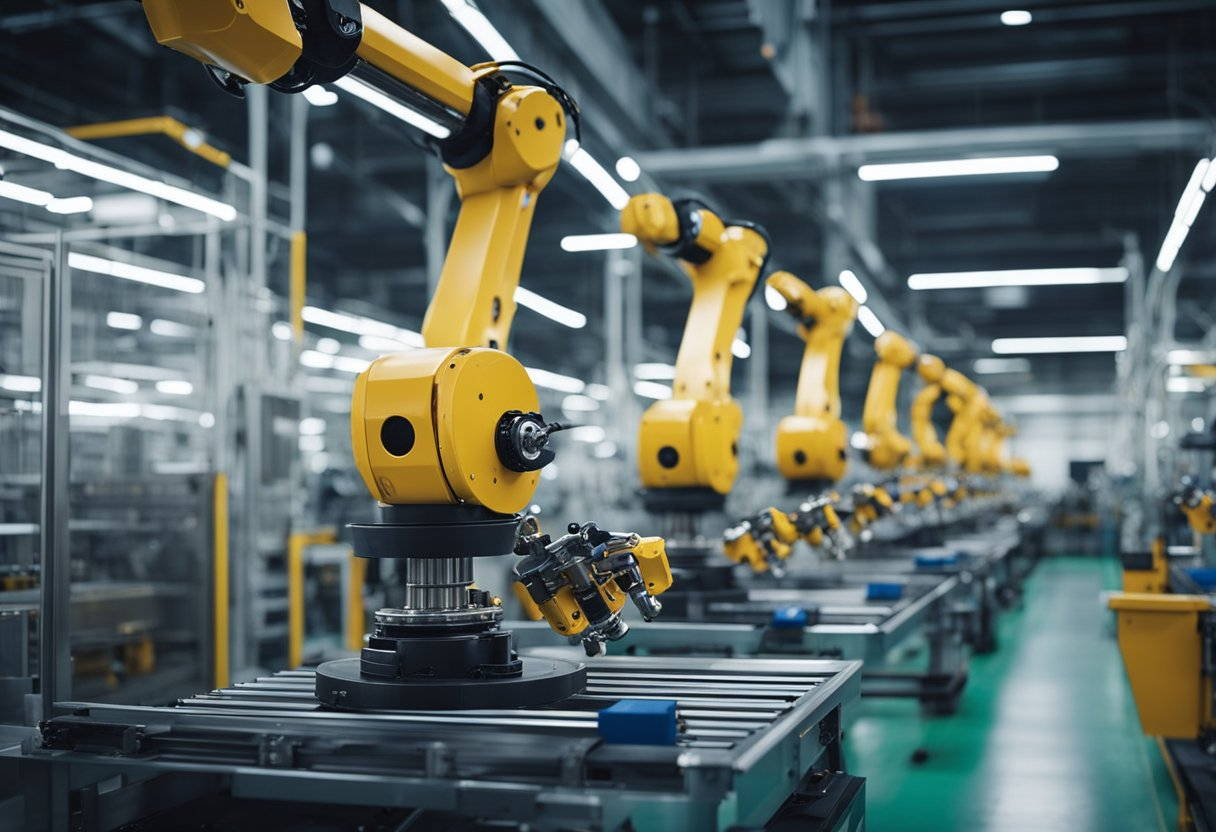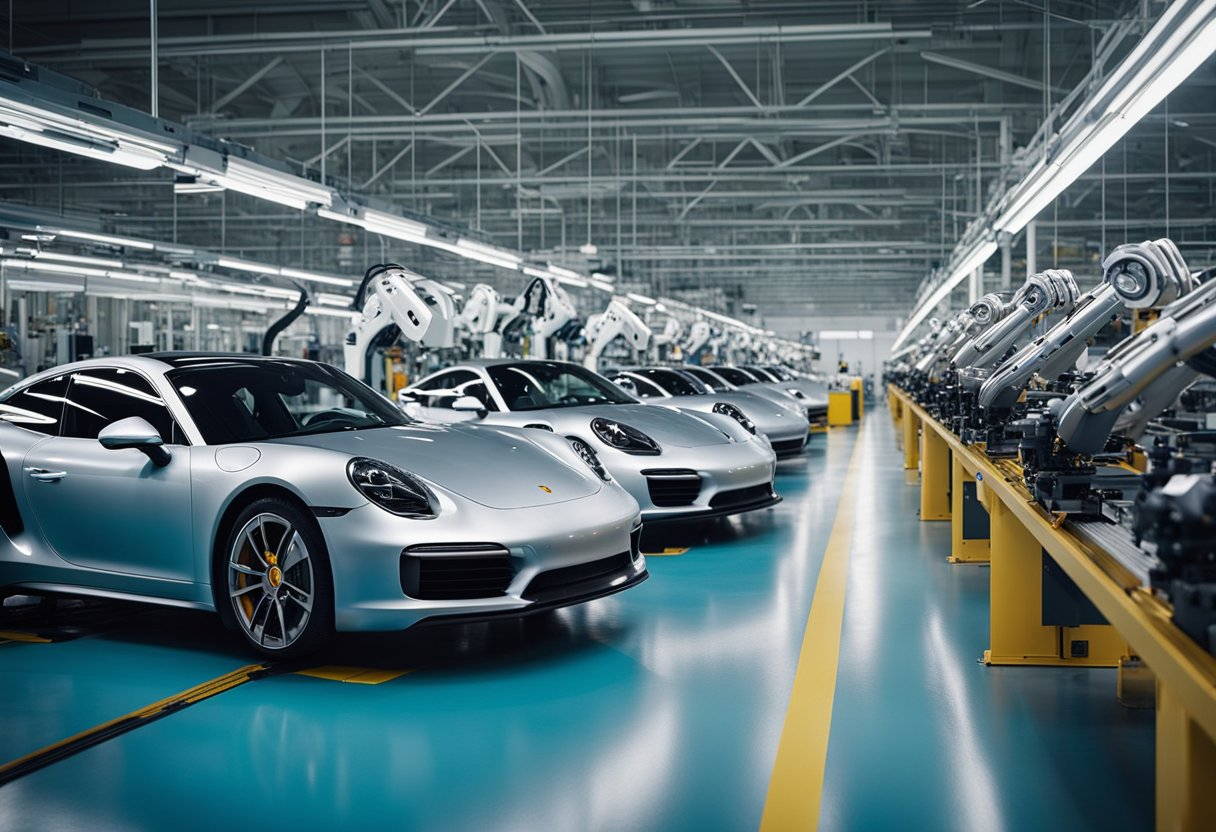
Where Porsche is Made: Unveiling the Origin of Precision Engineering
Porsche, the renowned German automobile manufacturer, is synonymous with high-performance sports cars, SUVs, and sedans. The brand has established a legacy of precision engineering and iconic design since its inception in 1931 by Ferdinand Porsche. The majority of Porsche vehicles are meticulously assembled in Germany, showcasing the automaker's commitment to quality and craftsmanship.

The primary production facility for Porsche is located in Stuttgart-Zuffenhausen, which is historically significant as the birthplace of the brand. Here, flagship models such as the Porsche 911 continue to be built largely by hand, reflecting the company's dedication to detail. A combination of cutting-edge technology and skilled labor ensures that vehicles meet the high standards expected by customers worldwide.
Another key production site for Porsche is in Leipzig, Germany, which is responsible for the manufacture of the Panamera and the Macan. The Leipzig plant is known for its innovative and eco-friendly manufacturing processes. It also features a customer center and a test track, enabling visitors to experience the performance of Porsche vehicles firsthand.
History of Porsche Manufacturing
Porsche's manufacturing legacy is deeply rooted in Germany, where precision and engineering excellence have been synonymous with the brand since its inception.

Origin and Evoluation
Porsche commenced its automotive journey in Stuttgart, Germany, in 1948 with the production of the Porsche 356. Ferdinand Porsche, the founder, laid the foundation for what would become a renowned global sports car legacy. The first assembly facility was a repurposed saw mill in Gmünd, Austria; however, the operation returned to Stuttgart in 1950 to meet demand. The introduction of the Porsche 911 in 1964 solidified the manufacturer's status as a leader in sports car engineering, with production taking place in the purpose-built plant in Zuffenhausen, Germany. This site has continuously advanced its production methods to incorporate state-of-the-art technology and maintain meticulous craftsmanship.
Expansion and Global Influence
Porsche's expansion has been marked by a blend of tradition and adaptation to global markets. In 2002, the Leipzig, Germany plant was inaugurated, becoming the production home for the SUV models Cayenne and later, the Panamera. The company has also extended its manufacturing to other parts of the world; for example, some engines are assembled in Volkswagen's plant in Kassel, Germany.
Volkswagen Kassel Facility: Engine assembly for certain models.
Potential overseas expansions are carefully considered, ensuring that any production adheres to the stringent quality standards tied to the Porsche marque. Despite this growth, the heart of Porsche's production remains in Stuttgart, where the 911 and other core models continue to be assembled, preserving the brand's esteemed heritage.
Porsche Production Facilities
Porsche's cars are primarily made in Germany, with its two main facilities located in Stuttgart-Zuffenhausen and Leipzig. These production sites play distinct roles in the manufacture of various Porsche models. Additionally, the company extends its manufacturing reach overseas to meet global demands efficiently.
Stuttgart-Zuffenhausen Plant
The Stuttgart-Zuffenhausen Plant is regarded as the heart of Porsche. This facility is responsible for producing iconic sports cars, including the Porsche 911 and 718 Boxster/Cayman series. They follow the "one-piece flow" philosophy, which ensures each vehicle is given individual focus and care throughout the production process. Key models produced:
- Porsche 911 series
- Porsche 718 Boxster
- Porsche 718 Cayman
- Production Approach: One-piece flow
Leipzig Plant
Porsche's Leipzig Plant is a state-of-the-art facility that takes on the production of the brand's SUVs and the Panamera. With its on-site test track, vehicles are rigorously tested to meet Porsche's stringent quality standards before leaving the factory. Key models produced:
- Porsche Macan
- Porsche Cayenne
- Porsche Panamera
Manufacturing Processes
Porsche's manufacturing processes are a testament to the brand's commitment to precision and excellence at every stage of vehicle creation. This section explores the intricacies of how Porsche cars are brought to life, from initial conception to final inspection.
Design and Engineering
In the Design and Engineering phase, Porsche combines aesthetic appeal with functional ingenuity. They use advanced CAD (Computer-Aided Design) software and virtual reality to prototype new models and components. Porsche engineers focus on material selection, aerodynamics, and structural integrity while integrating state-of-the-art technology for performance and safety.
Assembly Line Techniques
The Assembly Line Techniques employed by Porsche are a blend of robotic precision and skilled craftsmanship. They utilize a rotating assembly platform, which allows workers ergonomic access to each vehicle from multiple angles. Robotics are primarily used for repetitive, high-precision tasks such as paint application and welding, ensuring consistency and efficiency. Meanwhile, skilled technicians assemble complex components like engines and transmissions with meticulous attention to detail.
Robotic Tasks: Welding, Painting, Basic Assembly
Human Tasks: Engine Assembly, Quality Checks, Customization
Quality Control and Testing
At the Quality Control and Testing stage, Porsche performs rigorous inspections and dynamic testing to ensure every vehicle meets their high standards. Trained specialists inspect vehicles for any imperfections in the paintwork or assembly, while advanced diagnostics check electrical and mechanical systems.
Visual Inspection: Paintwork, Fit and Finish
Diagnostics: Engine Performance, Safety Features
Road Tests: Handling, Comfort, Noise Level
Porsche's relentless pursuit of perfection is evident in their comprehensive approach to manufacturing, ensuring that every car meets the marque's stringent quality criteria before it reaches the customer.
Future of Porsche Production
Porsche continuously adapts to the evolving automotive landscape, focusing on innovative manufacturing techniques and strategic global expansion to maintain its position as a leading performance car manufacturer.
Innovation in Manufacturing
Porsche invests heavily in advanced technologies to enhance production efficiency and quality. The company's use of augmented reality (AR) systems allows for precise assembly, reducing errors and training times. In addition, Porsche's implementation of predictive maintenance helps prevent machine downtime, utilizing real-time data analysis to foresee and mitigate potential issues.
Expansion Plans
Porsche plans to increase its production footprint to meet growing demand. Leipzig, Germany, is set to benefit from significant investments, expanding the facility's capacity for both current and future electric vehicle (EV) models. Additionally, Porsche is exploring international opportunities, particularly in Asia, with a focus on sustainability and reducing its logistical carbon footprint.
Visitor Experience
Porsche offers a distinctive visitor experience at its main production facilities. Guests can explore the brand's rich history and witness the meticulous assembly processes of its famed vehicles.
Factory Tours
Location: The factory tours are available at Porsche's headquarters in Stuttgart-Zuffenhausen, Germany, and also at their Leipzig plant.
Content: Guests are guided through various production areas, providing an insider look at the sports car manufacturing process. They observe stages such as the marriage of the powertrain to the chassis and the precision robotic work in the body shop.
Duration: Approximately 2 hours
Requirements: Advance booking is necessary due to high demand.
Age Restriction: Generally, visitors must be at least 14 years old.
Language: Tours are conducted in German and English, with other languages available upon request.
Porsche Museum
Location: Directly in Stuttgart-Zuffenhausen, adjacent to the headquarters.
Exhibits: Over 80 vehicles and numerous small exhibits showcased on 5,600 square meters.
History: The museum illustrates the company's history from its earliest days to its current standing in the automotive world.
Operating Hours: Tuesday to Sunday: 9:00 to 18:00, Closed on Mondays
Admission: Ticket purchase is required with discounts for children, students, and groups.
Visitors gain a comprehensive understanding of Porsche's legacy and its current innovations, deepening their appreciation for the brand.
Related Products
